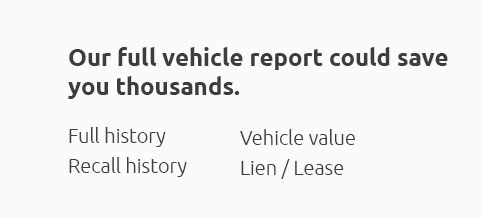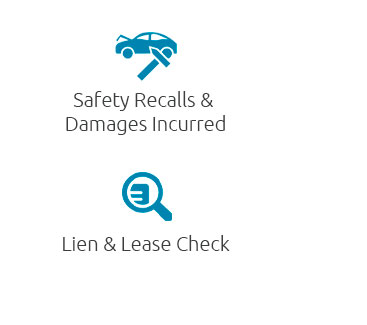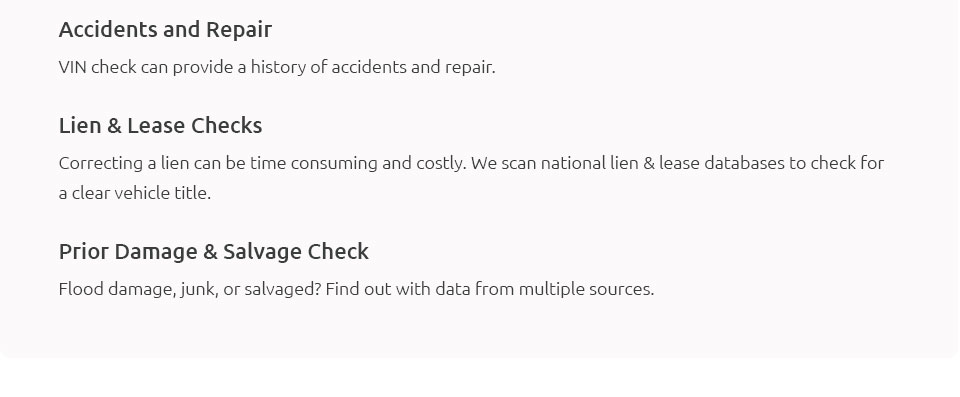 |
 |
 |
||
 |
 |
|
 |
||
 |
 |
 |
 |
||
 |
 |
 |
 |
 |
||||
|
||||
 |
How to Find Out Who Owns a Car: A Comprehensive GuideIn today's world, there are numerous reasons why someone might need to find out who owns a particular car. Whether it's to resolve a hit-and-run incident, gather information on a suspicious vehicle in your neighborhood, or simply satisfy your curiosity about a car you've always admired, knowing the process can be quite useful. However, accessing such information is not always straightforward, and there are several factors to consider before embarking on this quest. Understanding Privacy Laws: Before diving into the methods of finding out car ownership, it is crucial to acknowledge the importance of privacy laws. In many countries, vehicle registration details are protected by privacy regulations, meaning that unauthorized access to this information can be illegal. Therefore, it is essential to understand the legal framework governing vehicle registration information in your area. For instance, in the United States, the Driver's Privacy Protection Act (DPPA) places restrictions on who can access personal information in motor vehicle records. Understanding these laws will guide you in pursuing legitimate and legal means to obtain the information you seek. Utilizing Online Resources: The internet has revolutionized the way we access information, and this extends to vehicle ownership details as well. Several online platforms offer services that can help you find out who owns a car. However, it's worth noting that not all these services are legitimate or accurate. It's wise to use reputable websites, which often require a fee, to access reliable information. Websites like Carfax or AutoCheck can provide vehicle history reports that may include ownership details, depending on the permissions they have to access this data. Contacting the Department of Motor Vehicles (DMV): Another direct approach is to contact the Department of Motor Vehicles in the state where the car is registered. The DMV can provide ownership information if you have a legitimate reason for requesting it. It's crucial to be prepared to provide a valid reason, as well as any supporting documentation they may require. The process can vary by state, and some might offer online forms, while others require in-person visits. Be sure to check the specific requirements for the state in question. Hiring a Private Investigator: When other avenues prove challenging or unfruitful, hiring a private investigator may be a viable option. These professionals have the expertise and resources to track down vehicle ownership information legally and discreetly. Although this method can be more costly, it is often effective, particularly in complicated situations where personal investigation efforts have failed. Considerations and Ethical Aspects: As you pursue this information, it's vital to maintain ethical considerations. Reflect on your motivations and ensure they align with legal and moral standards. Using the information responsibly is paramount, as misuse can lead to legal consequences or infringe on someone else's privacy. Additionally, always verify the credibility of the sources you use to avoid being misled by inaccurate or outdated information. In conclusion, finding out who owns a car is a task that requires a careful balance of legal knowledge, ethical considerations, and resourcefulness. By understanding the privacy laws, utilizing reliable online resources, considering a direct approach through the DMV, or seeking the assistance of a professional, you can navigate this process effectively. Remember, the key is to respect privacy and legality at every step, ensuring that the information is used responsibly and appropriately. https://dmv.ny.gov/registration/register-a-vehicle-with-more-than-one-owner-or-registrant
More than one person can own a vehicle, but to transfer ownership, only one ... https://www.webuyanycar.com/free-car-check/find-owner-by-reg/
The only ownership detail a car check will provide is the number of different owners a vehicle has had. You will not be able to find out any further details ... https://www.quora.com/Can-you-find-out-who-owns-your-old-car-if-you-know-what-state-it-is-in
It is illegal to misuse police databases for non-police business, but they do indeed have the ability to look up the owner of a vehicle ...
|



